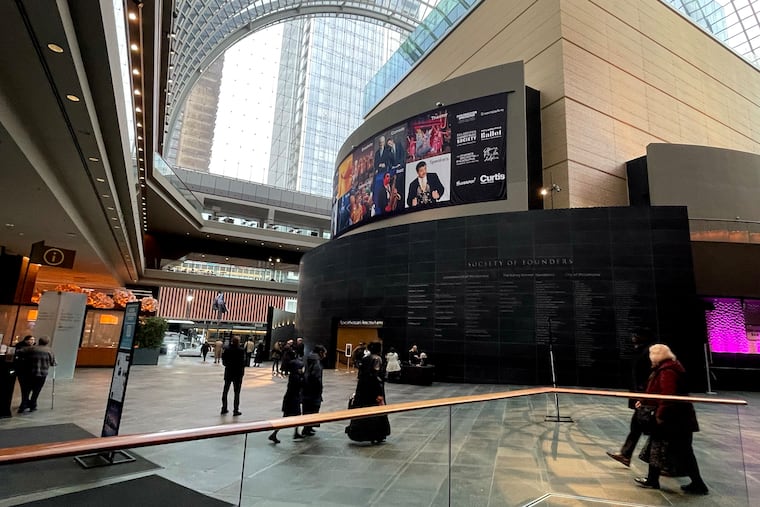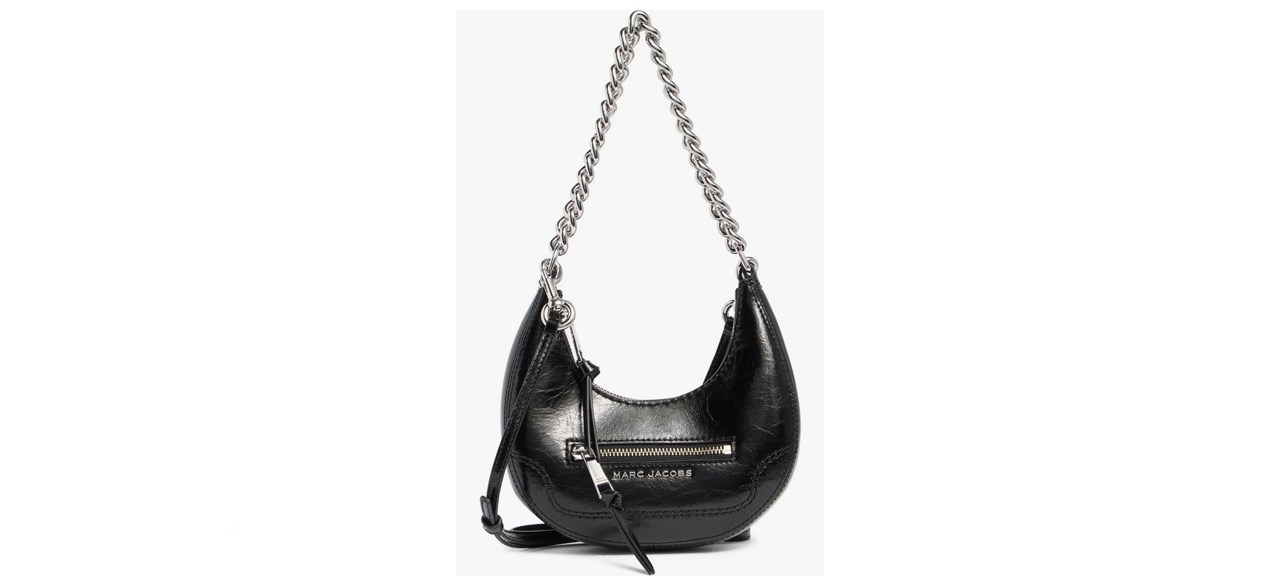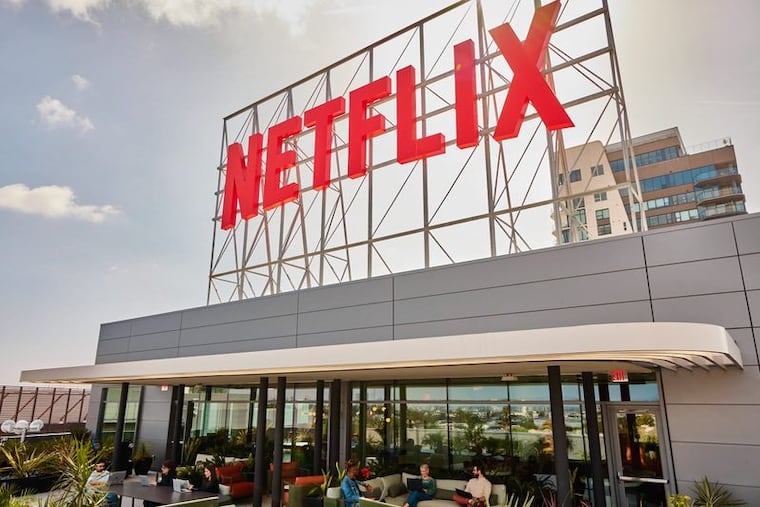Philadelphia Orchestra and Ensemble Arts appoints new leader for the city’s largest arts organization.
Ryan Fleur has ascended to the position of president and chief executive officer of the Philadelphia Orchestra and Ensemble Arts (POEA), following his tenure as interim leader since January 1. This announcement, made on Wednesday, marks a significant milestone in Fleur’s career, as he takes on the permanent title with a five-year contract, solidifying his role at the city’s foremost arts organization.
Fleur has been an influential figure within the organization since 2012, initially serving as the executive vice president. His responsibilities have spanned critical areas including fundraising, touring, and legislative matters. Notably, he played a key role in the 2021 merger between the Philadelphia Orchestra and the Kimmel Center, a key development in the organization’s ongoing evolution.
Ralph W. Muller, chair of the POEA board, emphasized that while Fleur was a frontrunner from the outset, a comprehensive international search was conducted to ensure the best candidate was selected. This search involved applicants with experience in both orchestra and arts center management, reflecting the complexity and ambition of the organization’s needs.
As a primary directive, Fleur has expressed a commitment to increasing accessibility to the arts for all members of the community. He aims to establish a program designed to ensure that every student visits one of the arts center’s venues at least three times from kindergarten through 12th grade. Additionally, Fleur plans to introduce a discount ticket initiative aimed at attracting individuals who may not ordinarily attend POEA events.
Fleur succeeds Matías Tarnopolsky, who departed at the end of 2024 to lead the New York Philharmonic. His leadership is positioned to navigate the organization through its noteworthy challenges, including an operational budget of approximately 5 million annually, compounded by the need for substantial renovations across its venues—specifically the Academy of Music, Kimmel Center, and Miller Theater.
Attendance figures, although improving post-pandemic, remain significant, with the organization projecting an occupancy rate of around 77% for the season ending in June. Fleur noted a noteworthy shift in audience demographics, with increased crossover between Broadway and orchestral performances. He aims to leverage this trend through strategic marketing initiatives.
A major focus for Fleur will be fundraising efforts, including an ambitious campaign designed to secure a nine-figure goal for various operational needs, encompassing maintenance and enhancement of the organization’s facilities. Recent assessments indicate that approximately 7 million will be required for essential repairs and upgrades by 2036.
Fleur’s background includes a robust career in arts administration, with previous roles including executive director of the Pro Arte Chamber Orchestra of Boston and a significant tenure with the Memphis Symphony Orchestra. He is committed to fostering relationships that enhance the Philadelphia Orchestra’s visibility and importance in the civic landscape. This commitment extends to international engagements, indicating a thoughtful approach to the organization’s global presence amid changing political dynamics.
Looking forward, Fleur’s vision encapsulates a renewed focus on the Philadelphia Orchestra’s role within the community and its prominence in future civic projects. He expresses a desire for the organization to be a leading participant in citywide cultural initiatives, reaffirming its status as a staple of Philadelphia’s artistic identity.







